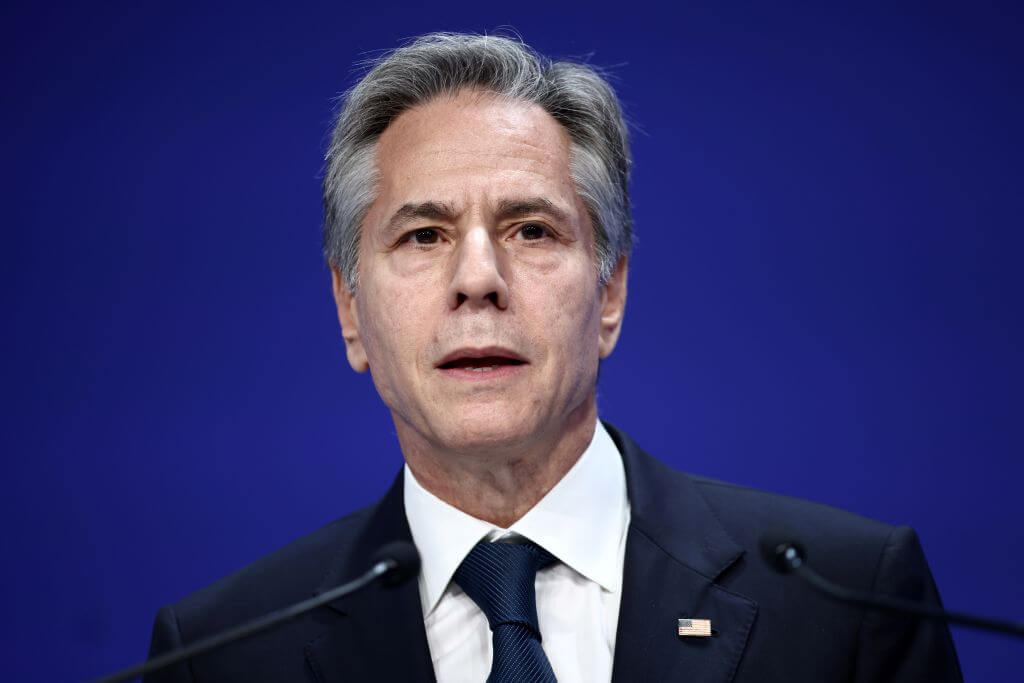On June 18-19th U.S. Secretary of State, Antony J. Blinken, travelled to the People’s Republic of China for meetings with President Xi Jinping, Director of the CCP Central Foreign Affairs Office Wang Yi, State Councillor and Foreign Minister Qin Gang.
The trip was initially scheduled four months ago, but finally occurred after the Chinese spy balloon incident over the U.S., as well as the Nancy Pelosi visit to Taiwan.
From a Chinese vantage point Blinken's visit occured when the "China-U.S. relationship is at the lowest point since its establishment". As President Xi Jinping emphasised, "The world needs a generally stable China-U.S. relationship." Moreover, the Chinese argued that the "Planet Earth is big enough to accommodate the respective development and common prosperity of China and the United States."
The U.S. Secretary of State focused on maintaining a "bilateral relationship on a range of global and regional issues." Furthermore, on the official level the visit aimed for concrete progress on disputes that include Taiwan, Hong Kong, trade, human rights, and fentanyl drugs issue. The efforts, however, came to nothing. Blinken emphasised that "the United States will always stand up for the values".
- Read more: America’s Pivot to Asia
The intensity of the talks with Chinese Foreign Minister Qin Gang is ideally reflected by the fact that they took more than seven and a half hours, which is an hour more than scheduled. Despite ongoing intensification of the dispute both adversaries expressed a desire to stabilise relations. They agreed that Qin would visit Washington to continue the conversation, although the date has not been announced yet. The Qin’s visitation could set the stage for the meetings between Xi Jinping and President Joe Biden this autumn at G20 and APEC summits.
Blinken’s visit to China and the U.S.-Chinese "Komondo" drills bring some hope for stability in the region. This might be considered a signal for the Asian-Pacific countries apprehensive about their growing tensions that the main players are trying to dial down pressure.
Author:
Szymon Polewka is a student of international relations at the Jagiellonian University in Kraków, specializing in the history of international relations, the Eurasian region, DACHL countries, intercultural relations, and the energy sector. He is currently on a scholarship at the University of Bremen. He has gained experience organizing the 2020 Economic Forum in Karpacz and numerous youth and student associations, such as AIESEC or Koło Naukowe Wyzwań Zielonego Ładu.
This article was written as part of the statutory activities of the Polish think tank Warsaw Institute. If you appreciate the content prepared by our partner, we appeal to you for financial support for this non-profit organisation.
More information:
www.warsawinstitute.org/support/



